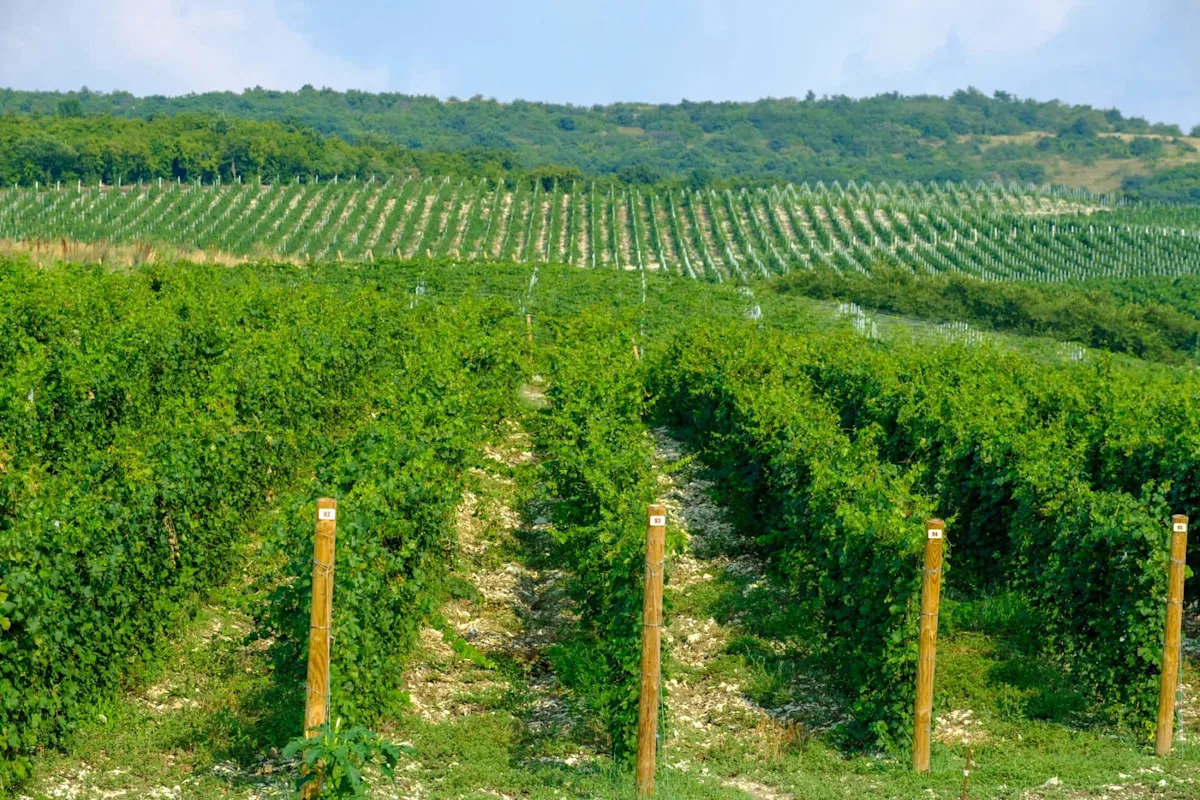Some of Russia’s most productive farming regions are experiencing a severe decline in crop yields.
What’s happening?
According to pro-Kremlin daily Izvestia, via The Moscow Times, parts of southern Russia could lose up to 25% of their crops because of drought. The news outlets reported a substantial drop in production in the Rostov and Krasnodar regions, citing a farmers’ association. The losses could total as much as 2.8 million tons of grains, cereals, and legumes.
Last year, the areas lost about 5,530 pounds of crops per acre, and this year, they’ve lost around 4,100 pounds per acre.
Within these two regions, 30 districts were in an official state of emergency as of the Moscow Times report in late July. The extreme dryness was impacting corn, wheat, barley, legumes, and sunflowers mostly. Rostov’s governor, Yuri Slyusar, reduced the agricultural output forecast by 3 million tons.
Konstantin Yurov, the farming association’s deputy chairman, told Izvestia that some of these crops “will be virtually nonexistent” in areas most affected by the drought.
Why are these crops important?
Despite the drop in production, the Russian food supply remained secure, per The Moscow Times report. This was mainly attributed to successful crop production in the Central, Volga, and North Caucasus areas. However, there was concern about the nation’s grain and crop exports.
According to the outlet, Georgy Ostapkovich of Moscow’s Higher School of Economics said: “The agricultural sector must always be prepared for changes in production and export, given its high sensitivity to weather conditions.”
Extreme weather poses a massive threat to the world’s crops. Extreme heat, long droughts, and wildfires are a few examples that can wipe out whole farms. This threatens the global food supply, endangers farmers’ livelihoods, and weakens national economies.
Consumer prices can rise and business profits drop, creating instability. Everyone feels the effects of this crop loss, from grocery shoppers to business owners.
Plants and animals feel it, too. When crops are wiped out, it can cause soil degradation, water pollution, and nutrient runoff. This disrupts habitats and ecosystems, which can harm essential wildlife, such as pollinators. And every creature plays a role in maintaining healthy biodiversity on Earth.
What’s being done to save the Russian farms?
The Moscow Times reported that Sergei Lisovsky, deputy chairman of the Duma’s Safeguarding Competition Committee, said: “The ministry needs to immediately take on support measures to stabilize the situation and prevent bankruptcies in the agricultural industry.”
Lawmakers have proposed federal agricultural subsidies to save farms that are in critical danger. And government leaders support the proposals.
Intensified extreme weather is a symptom of rising temperatures and pollution. Using less energy, avoiding plastic products, and learning about other critical climate issues can help slow the rise in global temperatures, potentially helping to safeguard world food supplies.
Join our free newsletter for easy tips to save more and waste less, and don’t miss this cool list of easy ways to help yourself while helping the planet.

